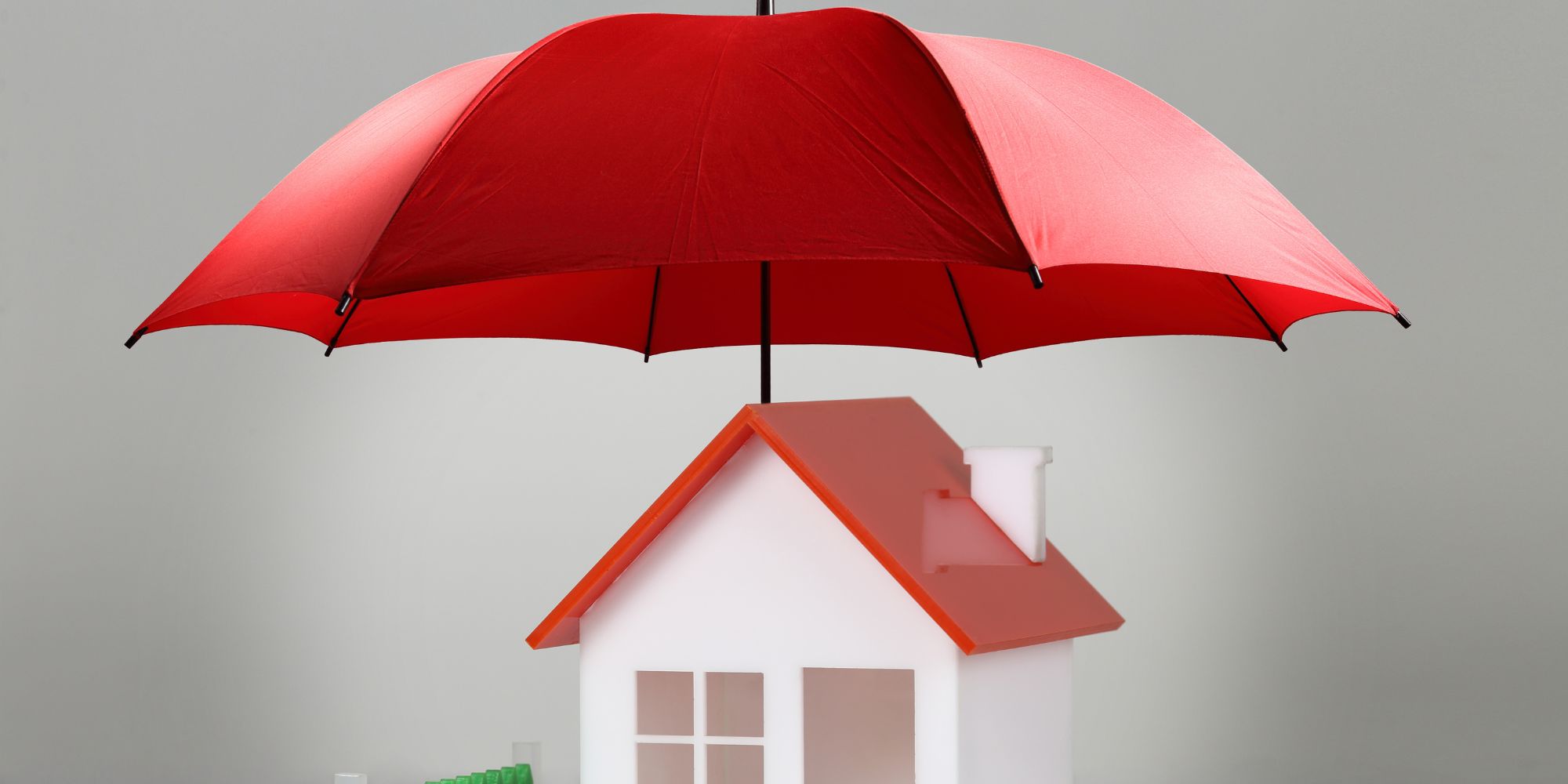Welcome to our guide on making your home safer and more senior-friendly! As we age, our needs and capabilities change, and it’s important to adapt our living spaces to ensure we can continue to live comfortably and safely. Whether you live alone or with family, these practical tips and advice will help make your home a haven of safety and comfort, ensuring home safety for the elderly.
1. Preventing Falls
Falls are one of the most common causes of injury among seniors. Here are some simple ways to reduce the risk of falls in your home:
Remove Tripping Hazards
- Tidy Up Those Wires: Loose cables and wires are some of the biggest culprits. Make sure all wires from your TV, computer, or lamps are neatly tucked away. Use cable clips or ties to keep them off the floor and out of your walking path.
- Clear the Clutter: It’s easy for clutter to accumulate, especially in areas like hallways and staircases. Regularly take a few minutes to tidy up and ensure there’s nothing lying around that could cause a trip.
- Rug Safety: Ensure all rugs have non-slip backings or use double-sided tape to keep them firmly in place. If a rug is old and keeps curling up at the edges, it might be time to say goodbye.
Use Non-Slip Mats
Place non-slip mats in the bathroom and kitchen to prevent slipping on wet floors. These mats provide an extra layer of security, especially in areas where water is frequently present.
Install Grab Bars
- Bathroom Safety: Install grab bars in the shower or bath and next to the toilet to help prevent slips and falls when getting in and out of the shower or using the toilet.
- Hallways and Stairs: Consider installing grab bars along long hallways and stairs, providing extra support when moving around the house.
Ensure Good Lighting
- Brighten Up Dark Areas: Identify any dark areas in your home, like hallways, staircases, or corners, and add extra lighting. Motion-sensor lights can be a fantastic option for hallways and staircases.
- Night Lights: Consider using night lights in your bedroom, bathroom, and hallways to help navigate during the night.
- Accessible Light Switches: Make sure light switches are easily accessible and consider installing rocker switches, which are easier to use than traditional ones. Keep a torch by your bedside in case of a power cut.
Wear Proper Footwear
Choose shoes with non-slip soles and good support to prevent falls. Proper footwear can make a significant difference in maintaining balance and preventing slips.
2. Enhancing Accessibility
Ensuring your home is easily accessible can make a big difference in comfort and safety. Here are some tips to enhance accessibility:
- Install Ramps: If you have stairs leading to your front door, consider installing a ramp for easier access. This can be particularly helpful for those using walkers or wheelchairs.
- Widen Doorways: If possible, widen doorways to accommodate walkers or wheelchairs, ensuring that moving around your home is smooth and hassle-free.
- Lower Shelves: Keep frequently used items on lower shelves to avoid the need for reaching or using step stools. This reduces the risk of falls and makes daily tasks easier.
- Use Lever Handles: Replace traditional door knobs with lever handles, which are easier to operate, especially for those with arthritis or limited hand strength.
- Arrange Furniture Thoughtfully: Ensure there is plenty of space to move around furniture and avoid sharp corners. This reduces the risk of bumps and falls and makes your home more navigable.
3. Improving Fire Safety
Fire safety is crucial in any home, but it’s especially important for seniors. Here are some fire safety tips:
- Install Smoke Detectors: Make sure smoke detectors are installed in every room and test them regularly. This is the first line of defence against potential fires.
- Have a Fire Extinguisher: Keep a fire extinguisher in the kitchen and learn how to use it. It’s a crucial tool for dealing with small fires before they become major incidents.
- Plan an Escape Route: Create a clear escape plan and practice it regularly. Ensure that everyone in the household knows the plan and can execute it in case of an emergency.
- Avoid Overloading Outlets: Be mindful of the number of appliances plugged into one outlet to prevent electrical fires. Spread out the use of high-power devices to reduce the risk.
- Use Space Heaters Safely: Keep space heaters away from flammable materials and never leave them unattended. They can be a source of heat but also a potential fire hazard if not used correctly.
4. Managing Medication
Proper medication management is key to staying healthy. Here are some tips to help you manage your medications safely:
- Organize Medications: Use a pill organizer to keep track of your medications and ensure you’re taking the right doses at the right times. This can help prevent missed doses or overdosing.
- Set Reminders: Use alarms or reminder apps to help you remember to take your medications. Consistent timing is important for the effectiveness of many medications.
- Store Medications Safely: Keep medications in a cool, dry place and out of reach of children and pets. Proper storage ensures that medications remain effective and safe to use.
- Review Medications Regularly: Have your medications reviewed by a healthcare professional to avoid potential interactions and side effects. Regular reviews can also help adjust dosages as needed.
- Dispose of Old Medications: Safely dispose of any medications that are expired or no longer needed. This prevents accidental ingestion and keeps your medication regimen up to date.
5. Staying Connected
Staying connected with family, friends, and the community is essential for mental and emotional well-being. Here are some ways to stay connected:
- Use Technology: Embrace technology by using smartphones, tablets, or computers to stay in touch with loved ones via video calls and social media. Technology can bridge the distance between you and your loved ones.
- Join Local Groups: Participate in local community groups or senior centres to meet new people and engage in social activities. Social interaction is crucial for mental health and well-being.
- Have a Support Network: Create a network of trusted family, friends, and neighbours who can check in on you regularly. Having people to rely on can make living independently safer and more enjoyable.
- Stay Active: Engage in hobbies and activities that you enjoy to maintain a sense of purpose and fulfilment. Staying active is good for both your physical and mental health.
- Volunteer: Consider volunteering your time to help others, which can also provide a sense of community and belonging. Volunteering can be a rewarding way to stay engaged and active.
- Emergency Contacts: Always have a list of emergency contacts easily accessible. Include numbers for family members, neighbours, healthcare providers, and local emergency services.
6. Home Maintenance and Security
Regular maintenance and security checks are crucial for a safe home environment.
- Check Alarms: Ensure your smoke and carbon monoxide detectors are in good working order. Test them regularly and replace batteries as needed. If you find it difficult to reach them, ask a family member or neighbour to help.
- Secure Entry Points: Make sure all doors and windows are secure. Consider installing a peephole or a video doorbell to see who’s at the door before opening it.
- Emergency Contacts: Keep a list of emergency contacts by your phone, including family members, neighbours, and emergency services. It’s also a good idea to have a mobile phone with you at all times in case of an emergency.
7. Assistive Technology
There’s a wealth of technology available that can help make living alone safer and more convenient.
- Personal Alarms: Wearing a personal alarm can be a lifesaver. These devices can be worn as a pendant or bracelet and allow you to call for help at the press of a button.
- Smart Home Devices: Consider smart home devices like voice-activated assistants, which can control lights, thermostats, and more. There are even smart plugs that can turn off appliances automatically, reducing the risk of leaving something on by mistake.
Home Safety for the Elderly: Conclusion
Living independently or with family doesn’t mean you have to compromise on safety. By taking a few simple steps, you can make your home a safer place to live. Removing trip hazards, installing grab bars, ensuring adequate lighting, keeping things organized, maintaining your home, and utilizing assistive technology can all contribute to a secure and comfortable living environment. Remember, making small changes can have a big impact on your safety and well-being. Prioritizing home safety for the elderly can make a significant difference. Stay safe, stay connected, and take care!
Additional Resources
For more detailed information on ensuring home safety for the elderly, check out the following resources. These links provide further guidance and tips specific to the UK.
- Age UK – Home Safety – Offers comprehensive advice on how to make your home safer for seniors.
- NHS – Falls Prevention – Provides practical steps to reduce the risk of falls in the home.
- RoSPA – Home Safety for Older People – Features tips and recommendations to improve home safety for older adults.
- Independent Age – Home Safety – Guidance on making your home more accessible and senior-friendly.
- London Fire Brigade – Home Safety – Essential fire safety tips tailored for the elderly.

